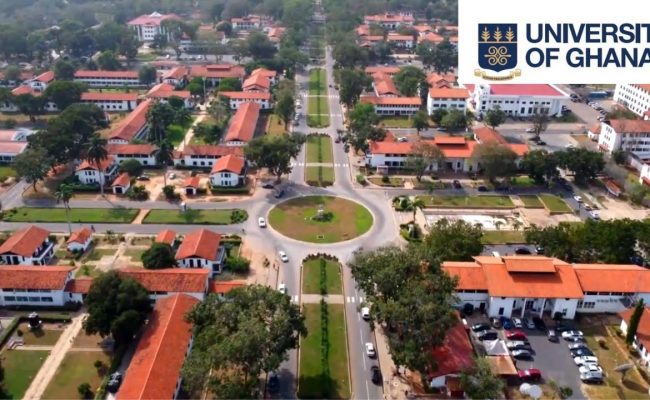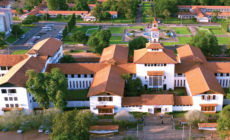University of Ghana revises plagiarism policy to include AI
- Posted on
- Comment

The University of Ghana has amended its academic integrity framework, particularly in its approach to plagiarism.
A notice signed by the registrar, Emelia Agyei Mensah and dated February 26, 2024, revealed that the University Council and the Academic Board have greenlit a series of crucial updates, with a primary focus on combating plagiarism and other forms of academic misconduct.
The revised policy, approved following recommendations by the Business and Executive Committee, reflects the institution’s unwavering commitment to upholding the highest standards of integrity and ethics in academic endeavours.
Renamed the “Policy on Plagiarism and Other Academic Misconduct,” the document delineates clear definitions of academic misconduct while outlining measures aimed at prevention and appropriate sanctions.
A notable addition to the revamped policy is the incorporation of Artificial Intelligence (AI) in academic work and research.
Acknowledging the widespread availability of AI and related software/tools for academic assistance, the University underscores the imperative of originality in scholarly pursuits.
As such, any employment of AI or associated technologies that compromises the authenticity of academic output will be deemed unacceptable, in line with the overarching ethos of academic integrity.
The new document, however, is yet to be made public.
This strategic integration of AI into the plagiarism policy signals the University’s proactive stance in addressing contemporary challenges in academic ethics.
By leveraging technological advancements while emphasizing the paramount importance of original thought and independent scholarship, the University of Ghana aims to foster a culture of academic excellence and integrity among its faculty, staff, and students.
The move reflects a forward-looking approach to navigating the evolving landscape of academic research and underscores the institution’s unwavering commitment to upholding the integrity of scholarly pursuits.
With the revised policy now in effect, stakeholders within the University community are poised to embrace these changes as part of a concerted effort to safeguard academic integrity and promote a culture of intellectual honesty.
-Joy










 (Selorm) |
(Selorm) |  (Nana Kwesi)
(Nana Kwesi)